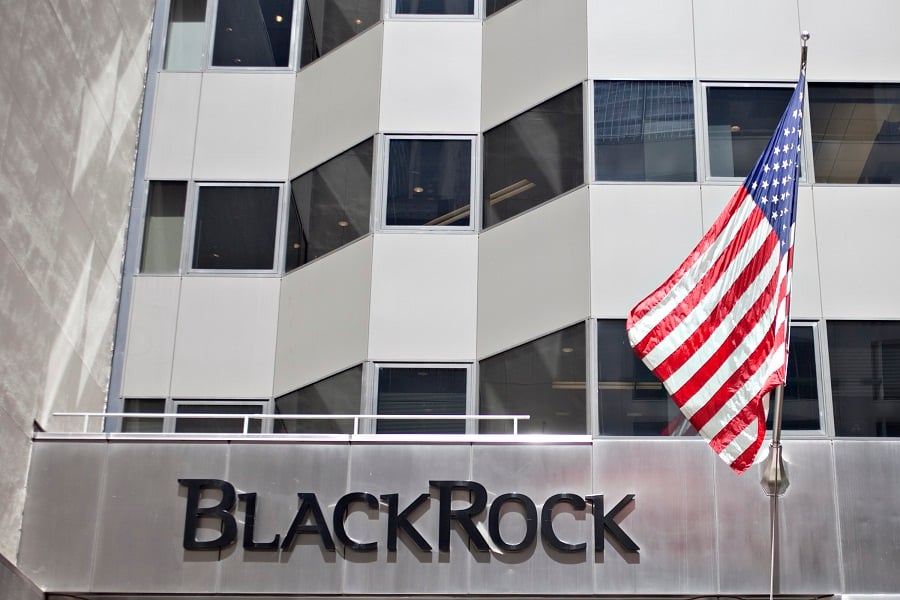The success of exchange-traded funds is incorrectly being interpreted as a victory for passive investing, according to executives at BlackRock Inc.'s iShares, which won a third of the U.S. ETF industry's record $242 billion haul last year.
Instead, the lion's share of iShares flows — which totaled a record, estimated $82 billion last year — are coming from institutional investors, money managers that sell through broker-dealers and financial advisers enrolled in “rep-as-PM” programs who are using the funds tactically, according to Daniel Gamba, head of the iShares institutional sales business in the Americas.
“Everybody talks about active versus passive,” said Mr. Gamba on Tuesday. “They say active managers don't like ETFs. They're the biggest users of ETFs.”
The rise of rep-as-PM programs may also be stimulating demand for strategic allocations to low-cost ETFs, said Todd H. Westby, an industry consultant and former iShares veteran.
“The rep-as-PM programs are basically RIAs inside the broker-dealers,” said Mr. Westby. “It's a very efficient way to run a business for an adviser, and I think you're going to get better performance as a result.”
Mr. Gamba said strategic asset allocators, or buy-and-hold investors, accounted for about 30% of iShares' intake in exchange-traded funds. But institutional and tactical uses accounted for the rest of the flows.
Among advisers, the firm faces stiff competition: in surveys of registered investment advisers, the Vanguard Group Inc. often bests it. Vanguard's mutual funds and ETFs took in nearly $215 billion last year, making it the top fund house by that measure, according to numbers from Vanguard and Morningstar Inc.
Top active managers, including Fidelity Investments and American Funds, a favorite of brokers, didn't fare as well.
On paper, data appear to confirm the idea that there is more support for passive, index-based investing. Last year, for every $1 that went into actively managed mutual funds and ETFs, more than $8 went into funds hoping to emulate the returns of a benchmark, such as the S&P 500 or the Russell 2000, according to an
InvestmentNews analysis of data from Morningstar Inc.
In 2014, surprised by bouts of volatility and an unexpectedly favorable climate for bonds, most active managers underperformed comparable indexes.
Asset managers have been responding.
From
American Funds to
Pacific Investment Management Co. to
J.P. Morgan Asset Management Inc., they've taken
arguments in support of active management to advisers.
But iShares is working to convince money managers not to be suspicious. BlackRock, the world's largest money manager, also sells actively managed products, including hedge funds and mutual funds. It counts among ETF users firms like Bridgewater, Fidelity and Columbia funds.
In addition, the firm has formed specialized teams to sell to pension funds and endowments, some of which are looking for funds driven by principles of corporate and social responsibility, as well as to create a market for fixed-income ETFs, which pale in size compared to their stock counterparts, according to Mr. Gamba.
Mr. Westby said BlackRock and other money managers have a huge opportunity to build demand for fixed-income ETFs as U.S. investors age and continue to find a use for bonds.
“iShares it looks like one of the most balanced business models out there,” he said. "Vanguard has been very consistent with a very modest marketing effort…But there's certainly a lot of mutual fund companies that could get into the ETF space and if they had a fixed-income capability they might do well.”
Focusing on money managers gives iShares entrée into marketplaces more hostile to ETFs, including among advisers who favor (or whose firms favor) active management and defined-contribution plans, which also have resisted adoption of ETFs.
Facing that reality, iShares last year
shuttered its entire lineup of target-date funds.







